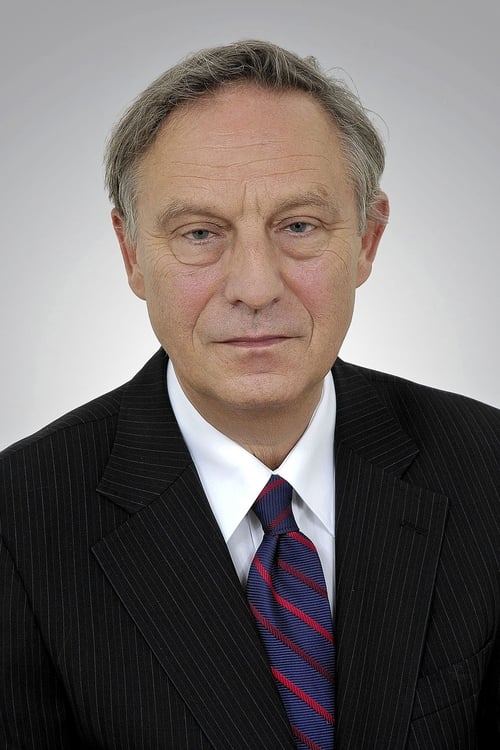
Krzysztof Piesiewicz
Рождение : 1945-10-25, Warsaw, Poland
История
From Wikipedia, the free encyclopedia
Krzysztof Piesiewicz (Polish pronunciation: [ˈkʂɨʂtɔf pjɛˈɕɛvit͡ʂ]; born on October 25, 1945 in Warsaw, Poland) is a Polish lawyer, screenwriter, and politician, who is currently a member of the Polish Parliament and head of the Ruch Społeczny (RS) or Social Movement Party.
Piesiewicz studied law at Warsaw University and began practicing in 1973. Through the late 1970s he became increasingly involved in political cases, defending opponents of the Communist regime, serving as a legal advisor for Solidarity, and assisting in the successful prosecution of the murderers of Jerzy Popiełuszko.
In 1982 he met the film director Krzysztof Kieślowski, who was planning to direct a documentary on political show trials in Poland under martial law. Piesiewicz agreed to help, though he doubted whether an accurate film could be made within the constraints of the judicial system; indeed, the filmmakers found that their presence in court seemed to be affecting the outcomes of cases, often improving the prospects of the accused, but making it hard to capture judicial abuses.
Kieślowski decided to explore the issue through fiction instead, and the two collaborated for the first time as writers on the feature film No End, released in 1984.
Piesewicz returned to his law career, but remained in touch with Kieślowski and three years later persuaded him to create a series of films based on the Ten Commandments. This series, The Decalogue, explored the filmmakers' mutual interest in moral and ethical dilemmas in contemporary social and political life, and achieved (belated) critical acclaim around the world.
Their later collaborations, The Double Life of Véronique and Three Colors (Blue, White, Red), focused on metaphysical questions of personal choice and appeared relatively apolitical, though the latter series was based on Piesiewicz's idea of dramatizing the French political ideals of liberty, equality, and fraternity in the same way they had previously dramatized the Ten Commandments.
Piesiewicz was credited as co-writer on all of Kieślowski's projects after No End, the last of which was Nadzieja, directed by Stanislaw Mucha after Kieślowski's death. He has begun writing a new series of films, The Stigmatised; the first of these, Silence, was directed by Michał Rosa and released in 2002.
Piesiewicz's career in electoral politics began in 1989, when he began working in the Social Movement for Solidarity Electoral Action (RS AWS) party, originally the political wing of the Solidarity union and the leading party in the center-right AWS coalition. In 1991 he was elected to the Polish Senate, served for two years, then returned in 1997. In 2002, RS AWS changed its name to RS and elected Piesiewicz as its leader.
He is a Roman Catholic.
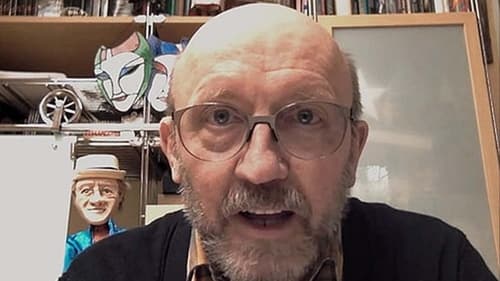
Self
The film was inspired by one of the most important documentaries shot by Krzysztof Kieślowski, Talking Heads (1980). The director asked his interlocutors seemingly simple questions, such as “Who are you?” and “What do you want?”.
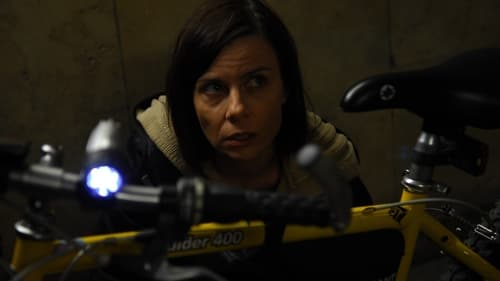
Producer
Anna – the mother of a 16-year-old Adaś, who is dying of cancer, is desperately trying to find Wiktor, an author of an internet blog. Wiktor maintains to have found a cure for cancer. Anna’s night journey through the real and virtual world ends with a shocking discovery. The film is based on the short story 'Płomyk za szybą' [Flame behind the Window] by Marcin Kaczmarek and corresponds to the tenth Commandment: 'You shall not covet your neighbour’s goods'.

Producer
19-year-old Janka comes from a catholic family. She lives together with her parents in a small town near the eastern border of Poland. One day she meets an eccentric Russian woman–Sara. The feeling that is awoken as a result of the encounter becomes for Janka both the beginning of sequence of trials and reflections upon her own life. The film corresponds to the Ninth Commandment: “You shall not covet your neighbor’s wife".

Producer
This short deals with the seventh commandment ("You shall not steal") in the new Decalogue. Young graffiti artists steal paints from a shop and, supervised by Tomasz, a 45-year-old graphic artist, start to paint graffiti on the wall. Tomasz is going to through a difficult period in his professional and personal life working under pressure from his employer who wants him to prepare a project that will satify the client. He has to compromise his own beliefs and taste and struggle to meet the deadline. The film was made as part of "Decalogue 89+" series.
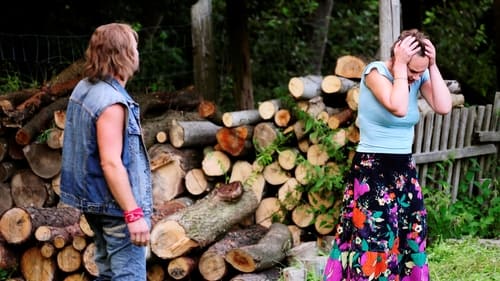
Producer
Mother (Maria Seweryn) and daughter (Michalina Rodak) live alone in a small house on the outskirts of the village. Their close relations get distorted by appearing of a mysterious man. Are women able to defend themselves from mutual jealousy and distrust? The film is based on the story of Aleksandra Duda "Olive" and refers to Eighth Commandment "You shall not bear false witness against your neighbor." – as a part of film cycle produced within the project „Dekalog 89+”. Tomek Matuszczak is one of the ten young directors which has taken the challenge of making new film on the Decalogue Commandment's impact for young generations, due to the project made on 20th anniversary of launching the famous "Decalogue" by Krzysztof Kieślowski.
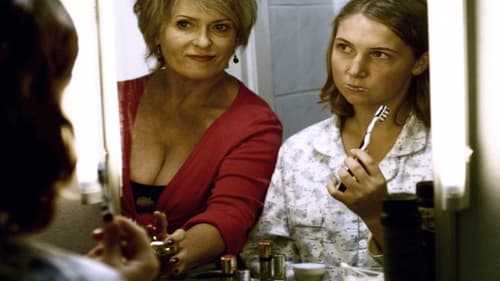
Producer
Kasia (Klaudyna Lewczuk), a student of dance school, lives with her mother (Ewa Kasprzyk) in a large flat. One day her mother rents a room to the lodger – a sports high school student. Kasia and the lodger start to run an original friendship relation – without words and meetings. The film is based on the story by Bogna Hołyńska "Fresh paint" and refers to the Sixth Commandment "You shall not commit adultery." - as a part of film cycle produced within the project „Dekalog 89+”. Marcin Bortkiewicz is one of the ten young directors which has taken the challenge of making new film on the Decalogue Commandment's impact for young generations, due to the project made on 20th anniversary of launching the famous "Decalogue" by Krzysztof Kieślowski.
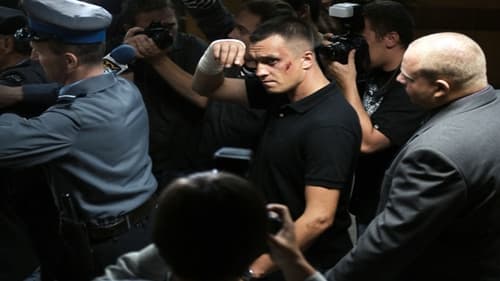
Producer
Episode from the series entitled "Decalogue 89+" inspired by the fifth commandment ‘You shall not murder’. A taxi-driver dies in a car crash caused by a popular TV presenter. Is it the end of his dazzling career? The odds are against it as the media concern that employs him will go to any lengths to salvage their star’s image.
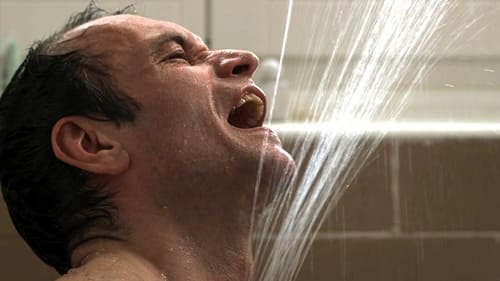
Producer
After the death of his wife, the father of 16-year-old Wojtek, succumbs to a nervous breakdown and loses touch with reality. The school authorities where Wojtek is a student already know about this problem. If Wojtek’s father doesn’t prove he is able to look after his son, Wojtek will be taken to an orphanage. Wojtek is left with a few hours to master the situation and overcome the problem. The film is based on the short story 'ON' [He] by Joanna Łabuz and corresponds to the fourth Commandment: 'Honour your father and your mother'.
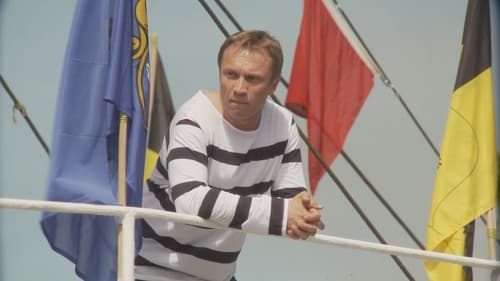
Producer
Adam (Michał Kowalski) – a yacht designer is a workaholic neglecting his family. Now he has to face one of the most important decisions in his life. Does the affection from his childhood, a reminiscence of taking part in the Sea Fishermen Pilgrimage will give him strength to fight for make an order along his private matters? Film is based on a short story by Wojciech Paweł Kowalewski "Usual Sunday" and refers to Third Commandment - as a part of film cycle produced within the project „Dekalog89+”. Bartosz Paduch is one of the ten young directors which has taken the challenge of making new film on the Decalogue Commandment's impact for young generations, due to the project made on 20th anniversary of launching the famous "Decalogue" by Krzysztof Kieślowski.

Producer
A lonely 17 –year-old Ania (the Newbie) is seeking acceptance in a group of peers playing risky urban games. She pays for her strivings with a loss of faith in values. With nothing to lose, Ania invents a daredevil game, supposed to provoke the group and especially its leader-Czarny, to think. The surprising end of the film gives a new chance to return to normality for its characters. The film is based on the short story 'Moc słowa' [The Power of Word] by Anna Czajka and corresponds to the second Commandment: 'You shall not take the name of the Lord your God in vain'.

Producer
Andrzej (Bartosz Opania), a popular film stunt is a happy husband and father. It appears that the specific work of Andrzej does not disturb his calm family life. So how should be explained the anxiety, which appears in the moment of Andrzej's another risky venture? The film was based on a story by Joanna Kocemba "Rainbow" and refers to the Decalogue First Commandment “You shall have no other gods before me” - as a part of film cycle produced within the project „Dekalog89+”. Leszek Korusiewiecz is one of the ten young directors which has taken the challenge of making new film on the Decalogue Commandment's impact for young generations, due to the project made on 20th anniversary of launching the famous "Decalogue" by Krzysztof Kieślowski.
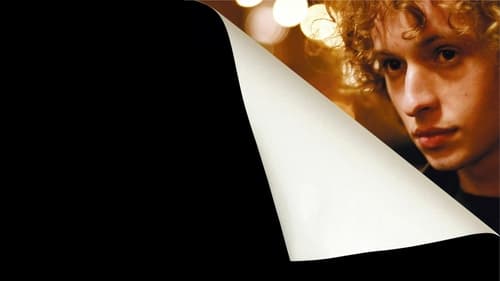
Writer
Francis Ratay witnesses the theft of church painting "Angel with violin". The entire incident recorded by an amateur camera. The thief turns out to Benedict Weber, gallery owner and art connoisseur. Francis comes to his gallery. Blackmails him, that will provide police record, unless the image in three days back in place.
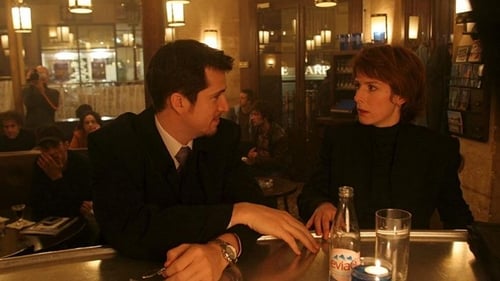
Writer
Париж, наши дни. Софи, Селин и Анна — три взрослые сестры, утратившие родственную связь. Их жизнь — запутанные отношения, их собственный, но очень разный выбор. Удастся ли им вырваться из цепкой власти прошлого?..
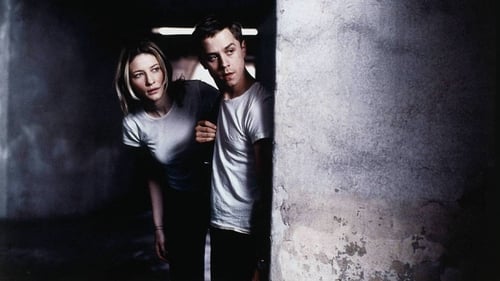
Screenplay
Что делать, когда все против тебя? Когда полиция не собирается искать убийцу твоего мужа? Брать все в свои руки! И не важно, если ты сама окажешься за решеткой, не важно даже то, что твой тюремщик станет для тебя самым близким человеком на свете. Главное — делать то, чего от тебя никто не ждет!..
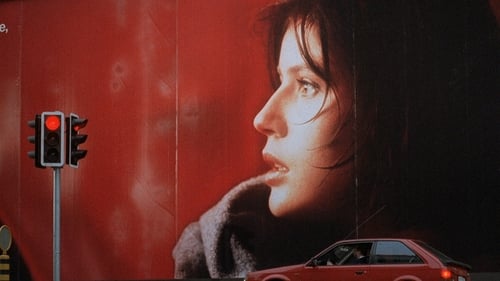
Screenplay
Заключительная часть знаменитой трилогии. Рассказ о любви, о порой мучительной власти чувств, которые вершат судьбами людей. Авторы размышляют над темой человеческого одиночества, над тем, как любовь, добро и всепрощение помогают пролагать тропки доверия между людьми в холодном и враждебном мире…

Author
Заключительная часть знаменитой трилогии. Рассказ о любви, о порой мучительной власти чувств, которые вершат судьбами людей. Авторы размышляют над темой человеческого одиночества, над тем, как любовь, добро и всепрощение помогают пролагать тропки доверия между людьми в холодном и враждебном мире…

Screenplay
Второй фильм трилогии «Три цвета» напоминает анекдот в пушкинско — гоголевской традиции. Притча о необходимости равенства между людьми во всем мире приобретает в этом фильме черты трагикомедии, саркастической истории о человеке, который теряется в цивилизованном мире — зато прекрасно чувствует себя в постсоциалистическом обществе. Лишь в финале этот сатирический набросок нравов превращается в щемящий рассказ о жажде любви…
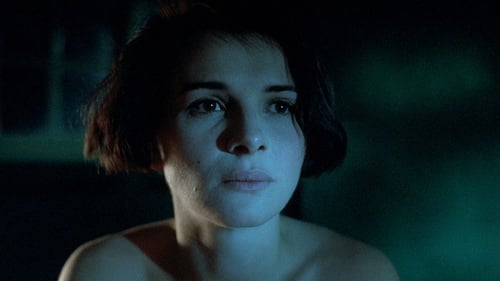
Author
История молодой женщины, чудом выжившей в автокатастрофе, но потерявшей мужа — композитора и пятилетнюю дочь, и это не столько повествование о возвращении к жизни, сколько метафорическая притча об избавлении от власти губительных чувств. Преодолеть трагедию — значит в каком-то смысле обрести свободу: от прошлого, от любви. Но такая свобода опустошает, лишает желания жить. Оно возвращается лишь с приходом новой любви…

Writer
Одна Вероника живет в Польше. Жизнерадостная, болтливая и влюбленная, она едет к своей тетушке в Краков, где учитель музыки обнаруживает у нее вокальный дар. Как птичка в клетке, мечется юная полька от любовных переживаний к занятиям пением и обратно. А в это же время другая Вероника, парижанка и тоже певица, чувствует необъяснимое желание отказаться от профессиональной карьеры…
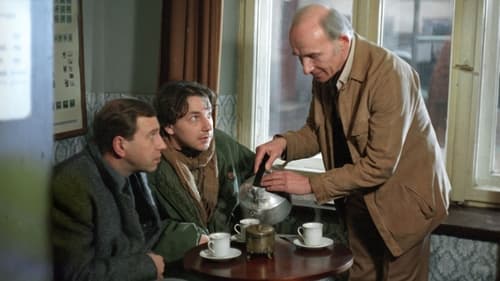
Writer
Два брата не понимают страсти отца. После его смерти они наследуют ценную коллекцию марок и впадают в филателистическую манию. Они готовы на всё, чтобы получить редкий экземпляр.
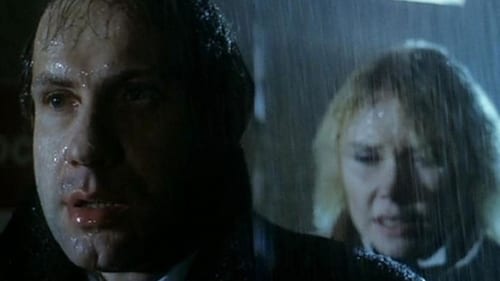
Writer
Роман, кардиохирург по профессии, узнаёт от своего знакомого врача, что его импотенция неизлечима. Результаты обследования однозначны и безжалостны в своей оценке. Надломленный этим известием Роман решает, что его счастливый брак с молодой и привлекательной Анной должен распасться. Анна же любит Романа и, несмотря на страшный диагноз, решает остаться с мужем. В новой для него ситуации Роман становится болезненно подозрителен и ревнив. Однажды, шпионя за Анной, он узнаёт о её связи с молодым студентом-физиком. Однако, вскоре Анна разрывает эти отношения и ей удаётся убедить мужа сохранить семью и даже усыновить ребёнка. Чтобы оправиться от потрясений Роман и Анна решают на пару недель расстаться и Анна уезжает в горы. Юный студент, узнав о её отъезде, решает отправиться следом.
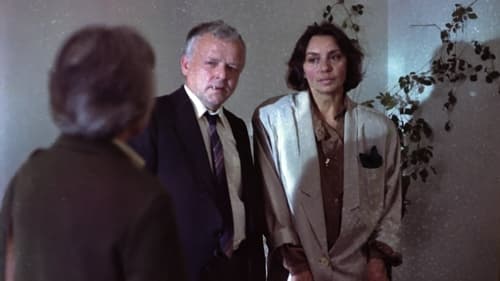
Writer
Пережившая нацистскую оккупацию, Элизабет, во время своей исследовательской поездки, встречает Зофью - женщину, которая однажды отказала ей в укрытии от нацистов. И тогда судьба, столкнув лицом к лицу двух женщин, заставляет их по-новому взглянуть на прошлое и переоценить его.
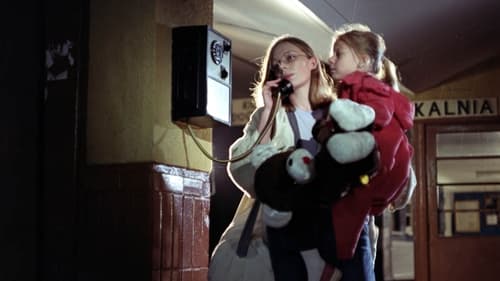
Writer
Майя – студентка. Будучи совсем юной девушкой она безрассудно вступила в связь со старшим, но безответственным мужчиной. В результате – нежеланная беременность и страх скандала. На помощь дочери пришла мать, Эва, которая после рождения внучки признала её собственной дочерью. По истечении шести лет Майя захотела стать настоящей матерью своей дочери и пытается получить девочку обратно. Она обвиняет мать в краже. Та же, однако, считает, что избавила Майю от серьёзных проблем и, кроме того, обеспечила внучке спокойное, обеспеченное детство. Важнее же всего то, что Эва привязалась к девочке и не хочет отдать её дочери. В сложившейся ситуации Майя решает выкрасть «свою собственность» и уехать за границу. Но сможет ли эта психически неустойчивая, не умеющая распорядиться собственной жизнью девушка осуществить свои намерения?
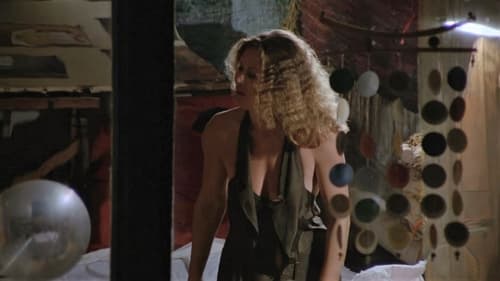
Writer
Двадцатилетний Томек переезжает к матери своего друга и занимает его маленькую комнатку в многоэтажном доме. Помимо комнаты ему в наследство достаётся карточка с чрезвычайно лаконичной надписью КПЧД, которая означает: «Классная Попка, Часто Даёт» и относится к женщине, живущей в доме напротив. Томек, воспитанник детского дома, постепенно очаровывается красивой незнакомкой. Он начинает подглядывать за Магдой сначала в театральный бинокль, а затем в украденную им подзорную трубу. В юноше, жаждущем любви, восхищение незаметно перерождается в более глубокое чувство. Наконец, он решается признаться Магде в своих чувствах.
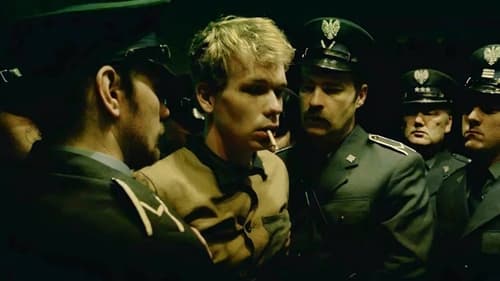
Writer
Jacek, an angry drifter, murders a taxi driver, brutally and without motive. His case is assigned to Piotr, an idealistic young lawyer who is morally opposed to the death penalty, and their interactions take on an emotional honesty that throws into stark relief for Piotr the injustice of killing of any kind.
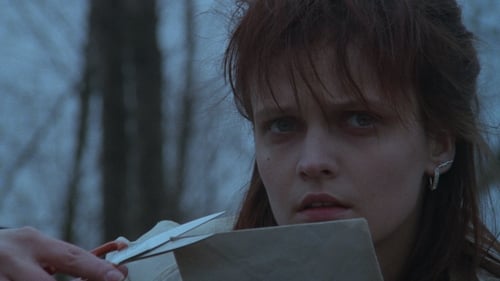
Writer
Анки обнаруживает запечатанный конверт в комнате отца (Михаила), который помечен надписью "Не открывать до моей смерти". Внутри оказалось письмо от покойной матери, которая рассказывает, что Михаил - не настоящий отец Анки. С этим открытием резко меняются взаимоотношения отца и дочери.
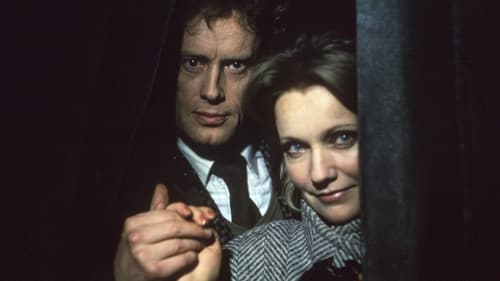
Writer
Канун Рождества - ночь, когда вся семья вместе, и никто не хочет оставаться один. Эва соблазняет Януша, ее бывшего любовника, под любым предлогом выйти из дома и пробыть с ней всю ночь. Януш хочет вернуться домой, но Эва определенно решительна...
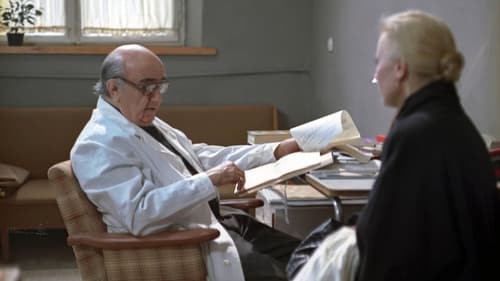
Writer
Дорота посещает умирающего в больнице мужа. Она беременна от другого. Дорота спрашивает у врача, будет ли жить ее муж - если да, то необходимо делать аборт; нет - ребенок будет жить. Предсказывая судьбу мужа, доктор решает судьбу будущего ребенка.
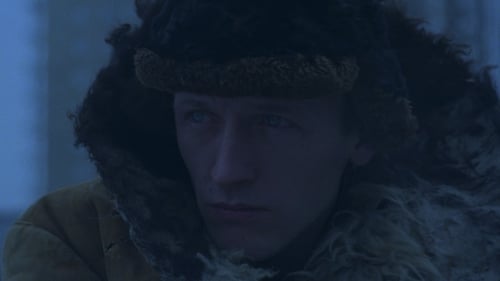
Writer
Профессор университета доверяет непогрешимости компьютера и обучает своего сына работать на нем. Стремясь испытать новую пару коньков, профессор с сыном консультируются с компьютером, чтобы вычислить безопасность толщины льда на соседнем водоеме. Неожиданное таяние приводит к непредвиденным и трагическим последствиям...
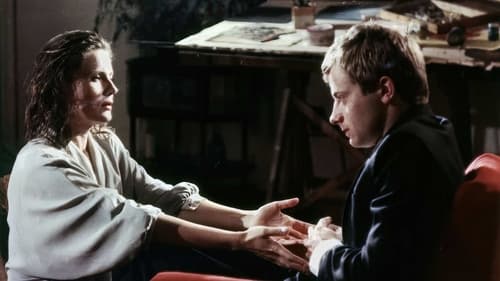
Writer
19-летний Томек — вуайерист. В свободное от работы на почте время он подглядывает за красоткой напротив Магдой — сперва через бинокль, который завещал ему уехавший друг (тоже вуайерист), а теперь более основательно — через подзорную трубу. Поставленный еще приятелем диагноз: «КПЧД» (красивая попа, часто дает) — в результате наблюдений остается без изменений.
Однако чувства Томека к Магде носят хотя и патологически влюбленный, но при этом платонический характер. Узнав о том, что она находится под наблюдением юноши, Магда сама начинает испытывать к Томеку чувственный интерес, что неожиданно для всех приводит к драматическим последствиям…
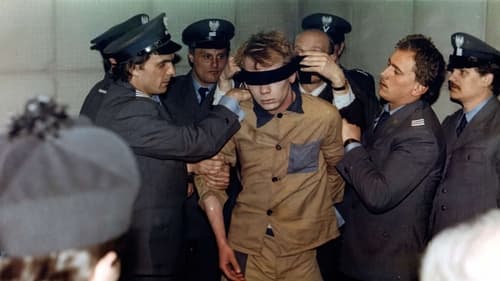
Author
В фильме три центральных персонажа, до поры — никак между собой не связанных, даже незнакомых. Каждый живет в своем мире. Но в какой-то момент их судьбы пересекутся… Первый, 20-летний Яцек — ничем не примечательный, праздношатающийся провинциал, не знающий, чем себя занять. Он словно пытается зацепиться за что-то в городском пейзаже, установить с миром какую-то связь. Но контакт все не возникает… В пару ему режиссер дает немолодого таксиста, столь же бессмысленно кружащего по улицам Варшавы. Его съедает безнадежность и мизантропия. Оба они — неудачники, человеческие осколки большого неприветливого города, вызывающего у них схожую неприязнь. И, наконец, третий герой — адвокат, положительный, молодой и красивый, верящий в святость и гуманизм своей миссии. Однако и ему суждено стать участником и даже в каком-то смысле проводником события, вынесенного в заголовок фильма…
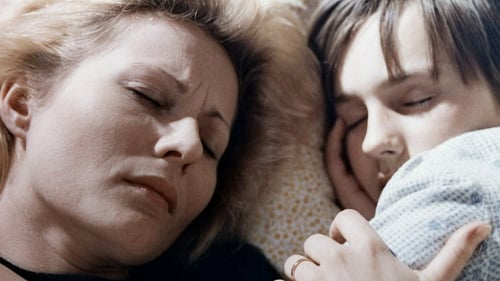
Author
От сердечного приступа умирает Антек Зыро — адвокат от бога. Скоро его жена Ульяна осознает, что ее существование потеряло смысл. Антек был для нее самым близким человеком. Ни работа переводчиком, ни воспитание сына не могут вернуть ей вкус к жизни. Искренне желая помочь Иоанне, мужа которой защищал Антек и которого обвиняли в организации забастовки, Ульяна находит нового адвоката. Пожилой Лабрадор перед уходом на пенсию вопреки своим идейным принципам берется за политическое дело.































